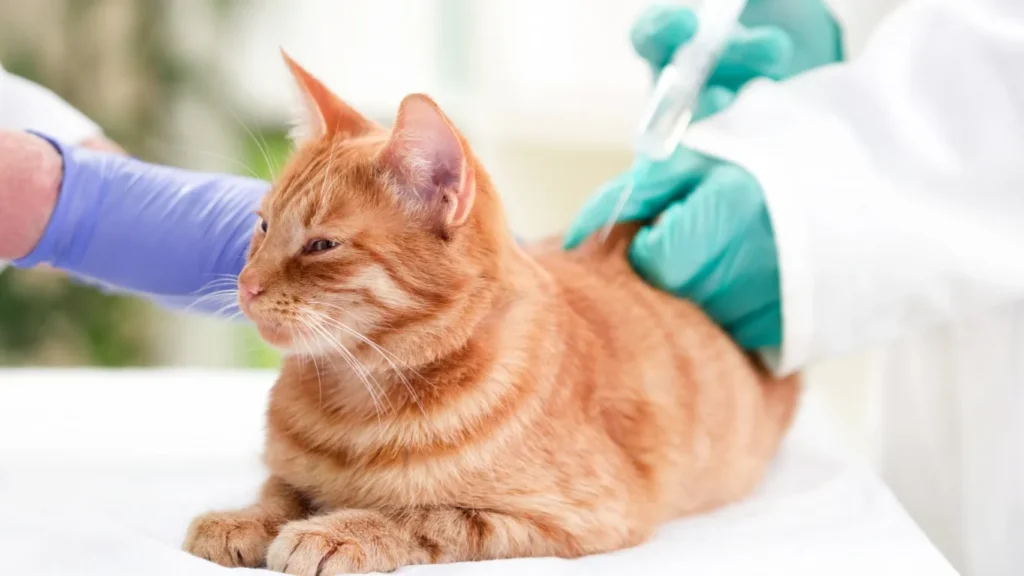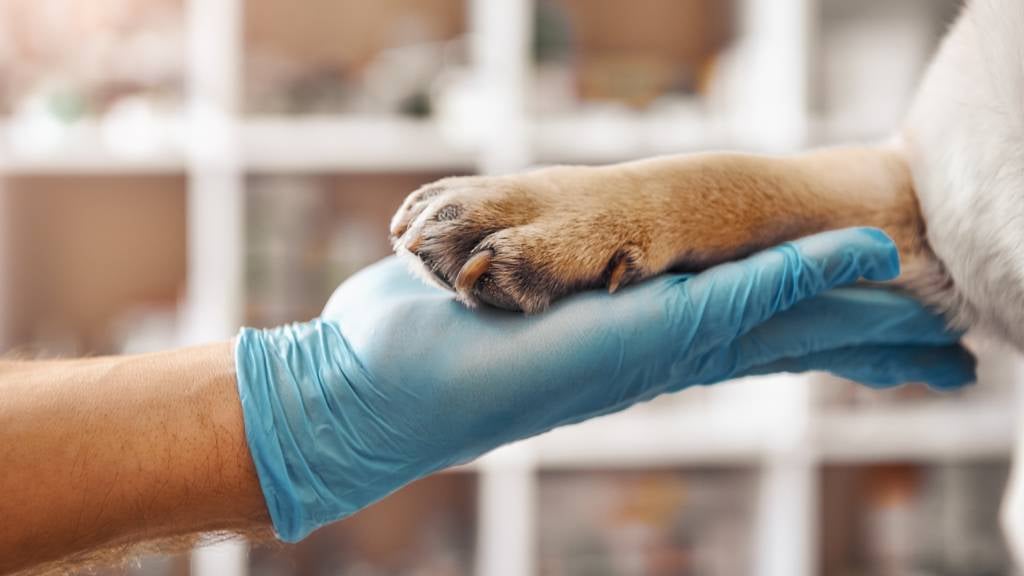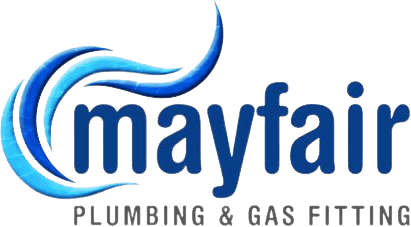Plumbing for a Vet is similar to that of a dental surgery, a restaurant and a hospital. There are certain criteria that need to be upheld for important tasks to take place daily.
Not only is it important to have the right plumbing in place to protect the animals, but it is also important to protect humans as well.
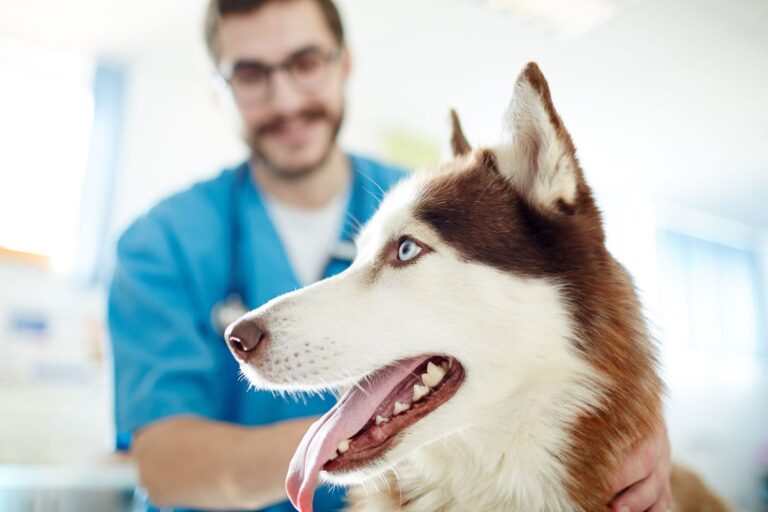
Hygiene
Probably the most common item we think about when discussing plumbing in a veterinary clinic is hygiene. Good hygiene is maintained by using hot water, good drainage, hands-free tapware, and backflow prevention. Below, we will now go through these items in more detail:
Hot water
Depending on the use for the hot water, it can be delivered at 100 degrees for sterilisation, etc. The hot water may then be adjusted in temperature through a thermostatic mixing valve, which may then deliver the hot water at 42 degrees for hand washing.
You may also find tempering valves installed to deliver a maximum of 55 degrees to a kitchen. Typically, vet clinics use gas continuous flow hot water systems for most of their hot water in Adelaide and electric boiling units for anything over 60 degrees.
Drainage systems
With consideration to the use of boiling hot water, vet clinics will often have HDPE drain lines installed.
This pipework is black and electronically welded together. It is known for its properties, which resist grease and can withstand high-temperature fluids. Although this pipework is labour-intensive to install and high in purchase costs, the end result is far more desirable.
Handsfree Tapware
To try to minimise the spread of unwanted fluids, etc, the use of hands-free tapware is very common. Manufacturers commonly used in Adelaide are Enware, Galvin and Caroma. This tapware is specifically designed to suit those in the medical and hospitality industry, where hygiene is a big consideration. This type of tapware is very unique and should be serviced by a plumber who is familiar with the operation.
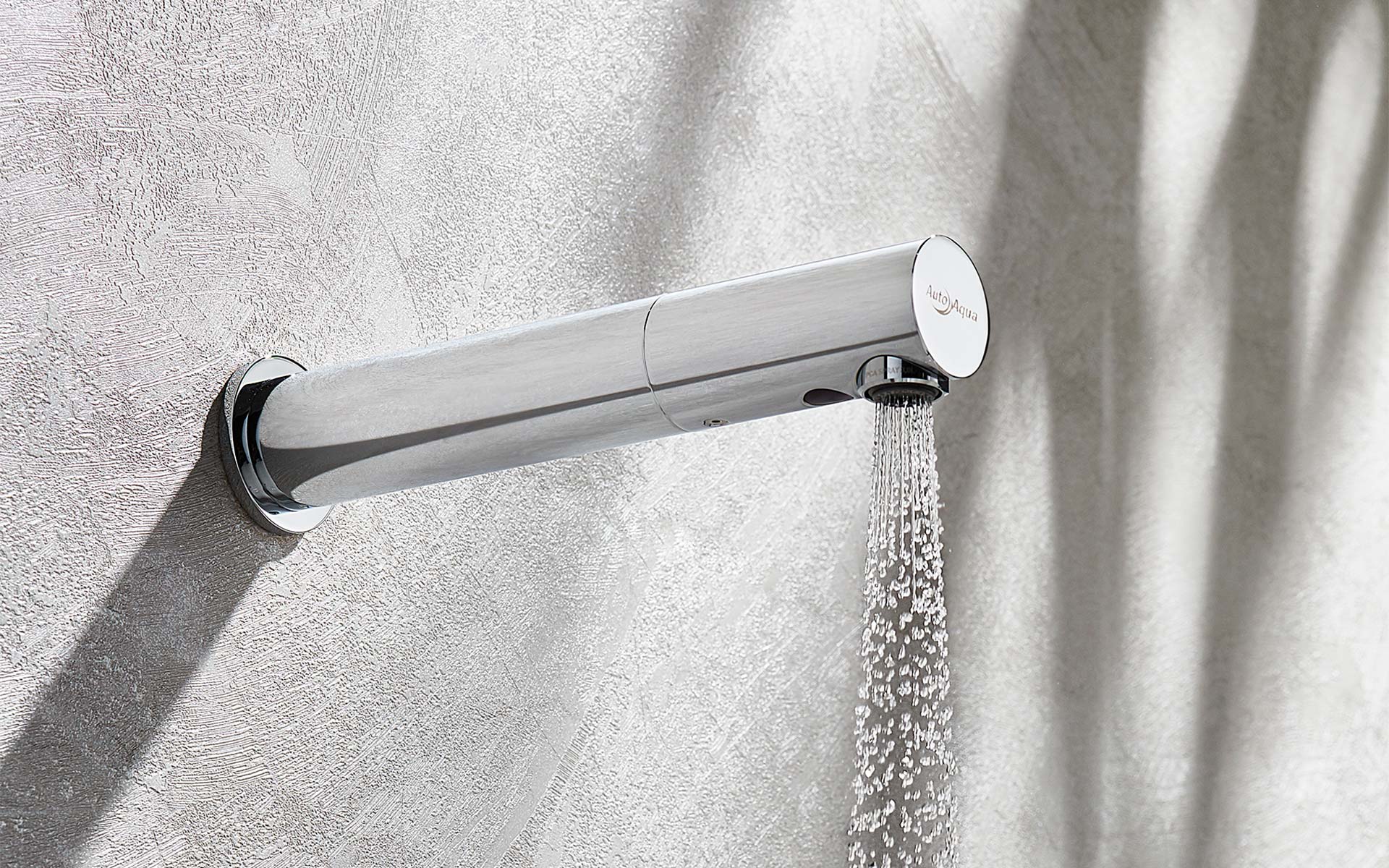
Backflow prevention
The prevention of contaminated waste from a sink, bucket or toilet bowl into potable water lines is to stop backflow. In the medical industry, RPZDs are used on both the hot and cold water lines to prevent the entry of contaminated waste into the potable water lines.
The use of these high-hazard backflow prevention devices stops the entry of contaminated water into the outside source of potable water and keeps this contaminated liquid onsite. These backflow valves require annual servicing, and a certificate of testing should be issued within 7 days of the valve report being performed to the Office of Technical Regulator in Adelaide.
Mayfair Plumbing have been providing planned and reactive plumbing services to most of the Vet clinics throughout Adelaide and the Adelaide Hills for over 25 years. We understand that when a plumbing emergency occurs, you need it fixed fast. Our service division provides 24-hour emergency plumbers for after-hours services when you need a burst pipe repaired or a blown hot water service fixed. Trust the locally owned and operated plumbing company in Adelaide, “Mayfair Plumbing”, with your next veterinary plumbing project.
